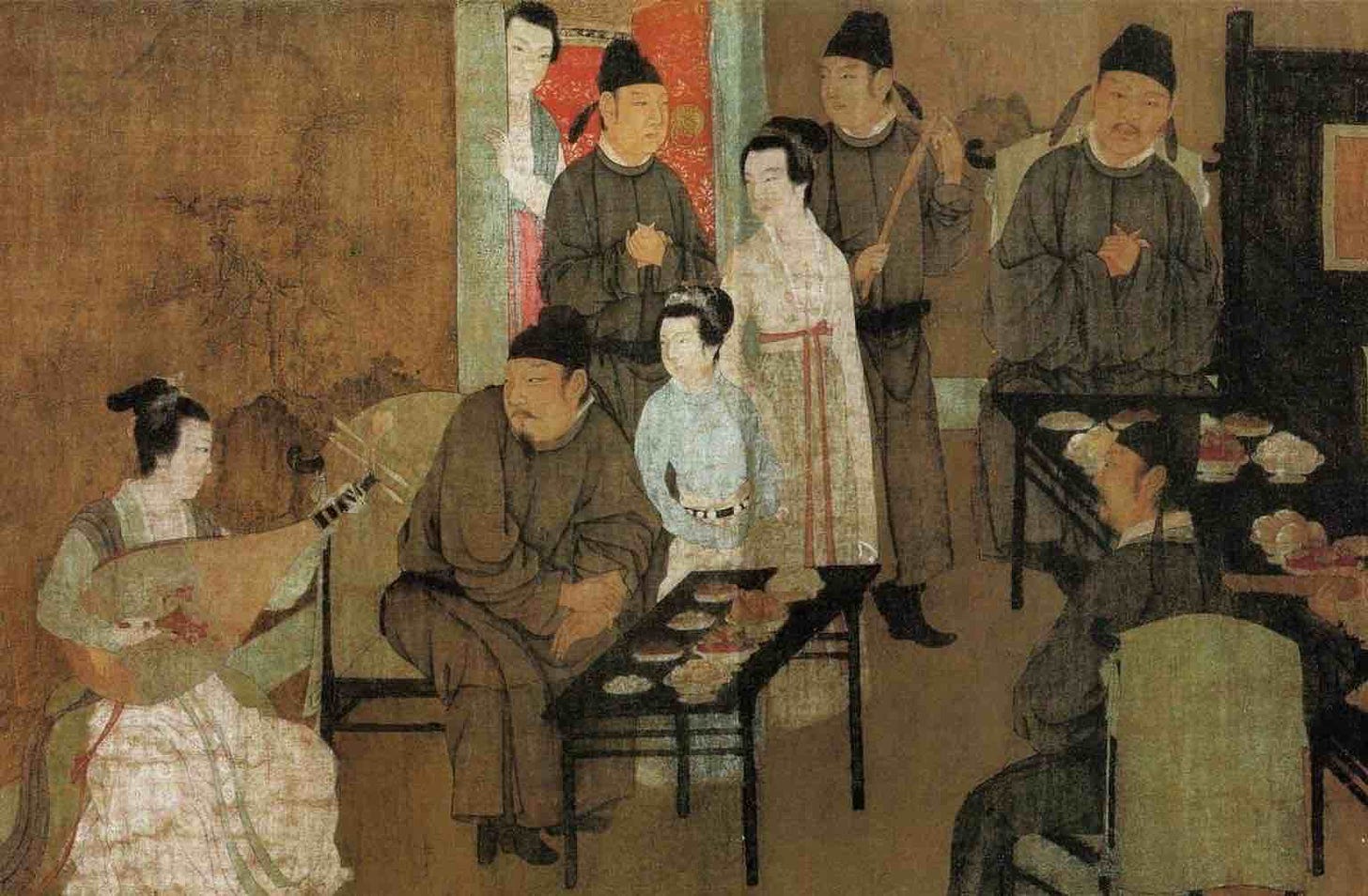If you studied philosophy in any English-speaking college or university, you probably got a dose of Anglo-American analytic thought. Unless you are into philosophy of mind or philosophy of language, you may never have taken another philosophy course again. Even if you did, perhaps sampling some history of philosophy (ancients, moderns), it may still have been pretty dull. Continental thought? Apart from the French (can you say angst?), if you studied the Germans, the reading assignments may have been impenetrable. Looking at you, Kant. Hegel. Marx. (I don’t think I ever got past the first three pages of Das Capital because I literally could not keep my eyes open.) Nietzsche, the brilliant prose stylist, is the exception — but with all his subsequent cultural fallout.
It wasn’t until much later, when I ran across Pierre Hadot and philosophy as a Way of Life, together with the rehabilitation of the philosophies of late antiquity (Stoicism, which is certainly having a day, and Neoplatonism), plus disciplinary border-crossing political thought, that philosophy became worthwhile to me again. That, and traveling east into Asia, mostly to do with Confucian texts and culture.
What I’m trying to say is that you need to study philosophy, first off, as a practice, and you need history of philosophy to gather widely rather than narrowly to capture human experience more fully. You need philosophy without any gaps.
The idea of learning the history of philosophy “without any gaps” is the central premise of long-time podcaster Peter Adamson, whose project at https://historyofphilosophy.net/ has been going on for decades! He started long before podcasting was a thing, and the work is now, finally, gathering not only from ancient, medieval, and Islamic philosophy, but the philosophies of India, Africa, and China. Adamson has not quite got beyond the Renaissance/Reformation in European thought, but no matter. You can find tons of that and (with the possible exception of those Germans) pretty much read it for yourself. He has all the other philosophy that can be found nowhere else, or not in English.
Without Any Gaps episodes now number in the hundreds, and Adamson has begun publishing books drawn from the content. Astonishingly well-read himself (authoritative bibliographies are provided), Adamson draws upon the talents of outside experts as well, and not only for major figures and topics, but obscure ones as well. Individual episode quality varies a bit, as might be expected, but the overall resource, available freely online, is no inch-deep intro to Plato and Aristotle, a riff on modern day Stoicism, or, to the other extreme, some narrow dull academy-produced “study.”
Here is the list of All Episodes. Click the tabs at the top to narrow geographically. I dare you not to find something you’ve never heard of before that nevertheless draws you in for an informative listen.
Check it out, and drop a comment to let other readers know what caught your ear.




